If you are looking for how to make a dog poop quickly, your pup must have been going through some terrible constipation. It’s great for you to care for them that much, and luckily if you are in an emergency, there are a lot of things you can do to improve their condition.
However, please note that we are not medical professionals, so always consult your vet before doing anything.
So Here’s How To Get A Dog To Poop With Home Remedies
 Source: Google Images
Source: Google Images
If you're looking for ways to help your dog poop more comfortably, there are some home remedies to consider, but it's crucial to distinguish between what's safe to try on your own and what should only be done by a veterinarian. We'll clarify which is which for you.
One option you can explore at home is using a fiber supplement that can alleviate both constipation and diarrhea. It's a valuable choice if your furry friend is dealing with tummy issues.
For more severe cases or if you prefer a professional's guidance, a visit to the vet is an excellent idea. Veterinarians can recommend supplements and medications to regulate bowel movements, and in some cases, they might even prescribe prescription-strength options.
 Source: Google Images
Source: Google Images
However, there's one constipation relief method you should never attempt on your own, and that's an enema. According to the American Kennel Club (AKC), canine enemas should always be administered by a licensed veterinary professional.
They can be somewhat invasive and occasionally uncomfortable. When done correctly, they are effective and safe, especially for more severe constipation cases.
Here are some effective and safe ways on how to get your dog to poop:
 Source: Google Images
Source: Google Images
Pumpkin Puree
Pumpkin is a natural remedy for constipation in dogs due to its high soluble fiber content. It helps regulate your dog's digestive tract and adds moisture to their stool.
The Merck Veterinary Manual suggests adding 1-4 tablespoons of 100% pumpkin puree to your dog's meal to alleviate constipation. Make sure to avoid pumpkin pie filling, which contains harmful added sugar and spices.
Exercise
Sometimes, your dog's digestive system just needs a little extra activity. Increasing the frequency of walks and playtime in your dog's daily routine can help move stool through the digestive tract, promoting regular bowel movements.
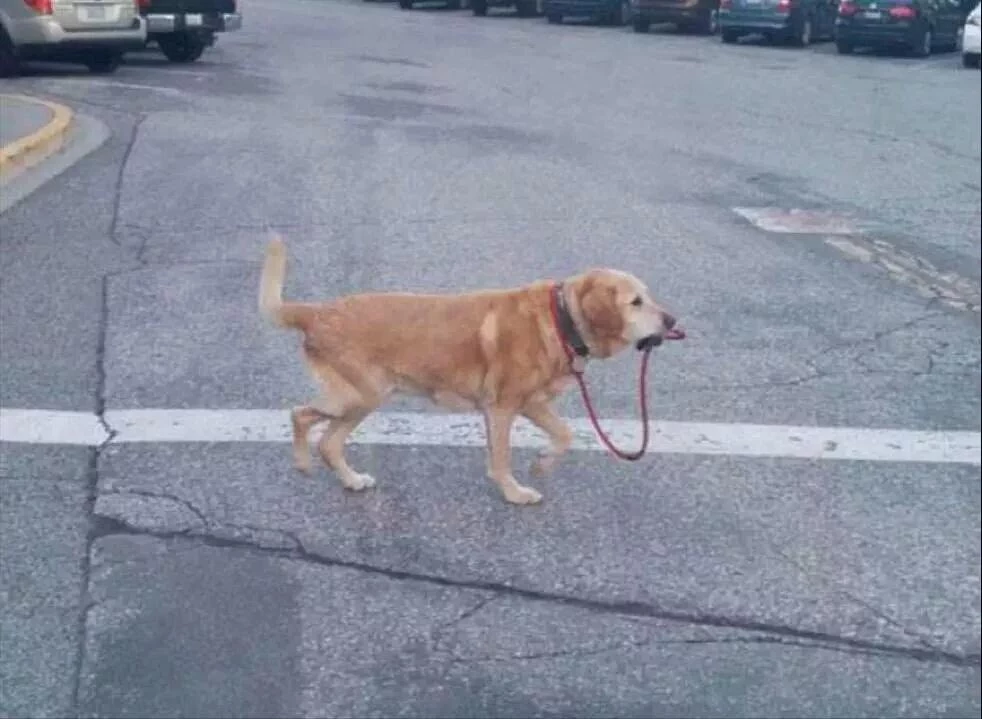 Source: Google Images
Source: Google Images
Olive Oil
Olive oil offers various health benefits to dogs, including digestive aid. A small amount of olive oil added to your dog's food can lubricate their digestive system, acting as a DIY stool softener. However, be cautious not to overdo it, as excessive use can lead to diarrhea.
Remember to consult your veterinarian if your dog's constipation persists or worsens, as it might be a sign of an underlying health issue. Always prioritize your pet's well-being and follow professional guidance for their care.
Increase Water Intake
Dehydration is a common cause of constipation in dogs. Ensure your dog has easy access to fresh, clean water throughout the day. If your dog is reluctant to drink, you can make low-sodium chicken or bone broth, which has an enticing smell and can encourage them to drink more.
 Source: Google Images
Source: Google Images
Canned Dog Food
Soft, moist foods are beneficial for dogs with constipation, as they help regulate their digestive system and soften their stools. You can mix canned dog food with their regular kibble for a temporary solution. This should not be a complete dietary change but a short-term addition (2-3 days) to alleviate constipation.
Probiotics
Probiotics are beneficial bacteria residing in the gut that aid in breaking down food and preventing the growth of harmful bacteria. Maintaining a balanced gut flora is crucial for healthy digestion.
Introducing probiotics for dogs can help regulate your pet's gut, leading to more regular bowel movements. In human studies, probiotics have been found to improve constipation by 10-40%. Consult your veterinarian before adding probiotics to your dog's diet for appropriate guidance.
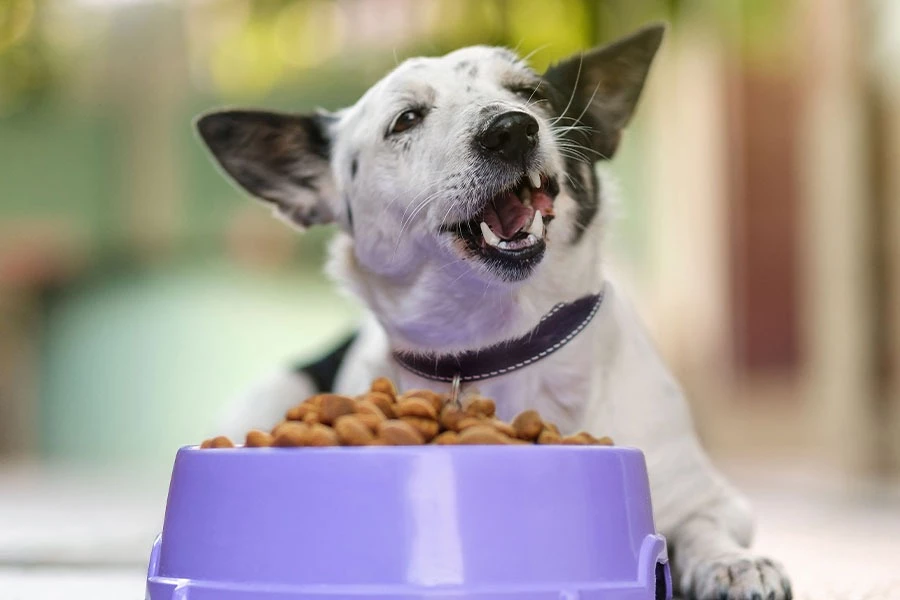 Source: Google Images
Source: Google Images
Wet Food or Bone Broth
Dehydration can contribute to chronic constipation in dogs, especially if they are on a high-fiber diet.
Although commercial dog food typically contains a modest amount of fiber (around 3-5% crude fiber), some well-meaning pet owners might unintentionally introduce excess fiber into their dog's diet when preparing homemade meals.
You can also boost their moisture intake by feeding them wet food or providing an enticing drink with all-natural bone broth, which can be served separately or mixed into their regular dog food.
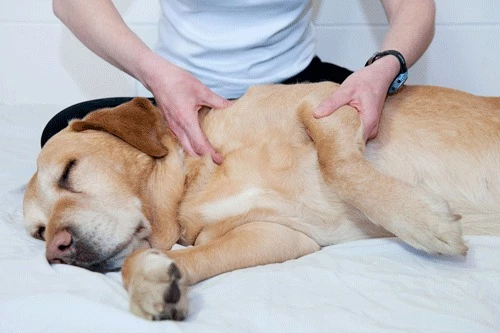 Source: Google Images
Source: Google Images
How To Massage A Dog To Poop, Can I Do That?
According to Dogster, one of the home remedies you can try is massage, and it is pretty simple.
1. Go Easy with Pressure:
When giving your dog a massage to help with constipation, remember that less is more. Use very gentle pressure, not more than 2 pounds. Keeping it light is key to making your furry friend feel comfortable and safe.
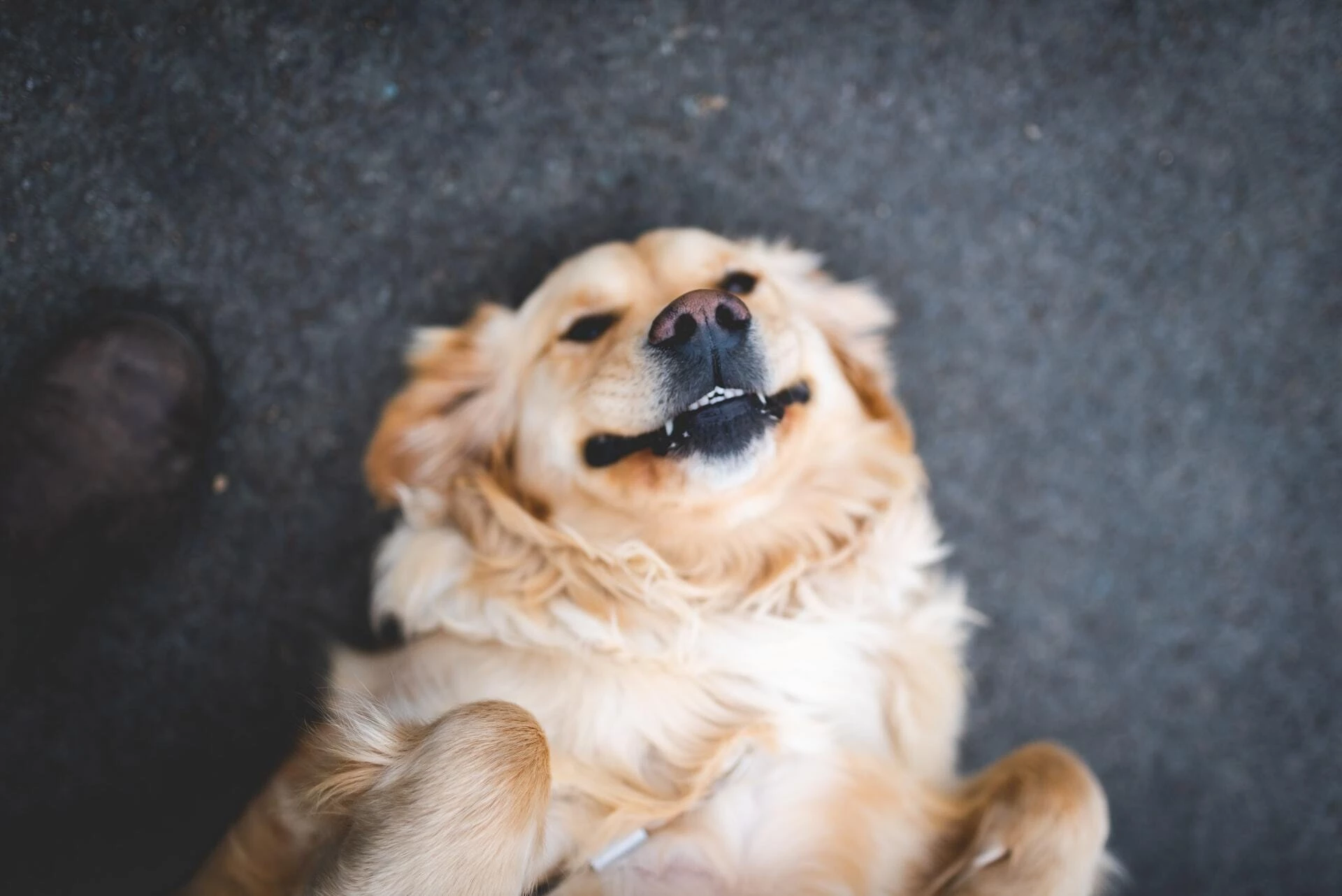 Source: Google Images
Source: Google Images
2. Gentle Head-to-Tail Stroking:
To start and finish your massage session, use a flat palm to stroke your dog from their head to their tail. This relaxing stroke helps ground your dog emotionally. Plus, it's a handy way to spot any hotspots or areas of tension that might be causing constipation.
3. Soothing Circular Strokes:
Constipation can be linked to tense back muscles. To address this, use the soft part of your palm to make gentle, circular motions along either side of your dog's spine. Always avoid massaging directly on the spine.
Keep about 2 inches away for larger and medium-sized dogs, and about 1 inch for smaller pups. This technique can help identify and release muscle tension.
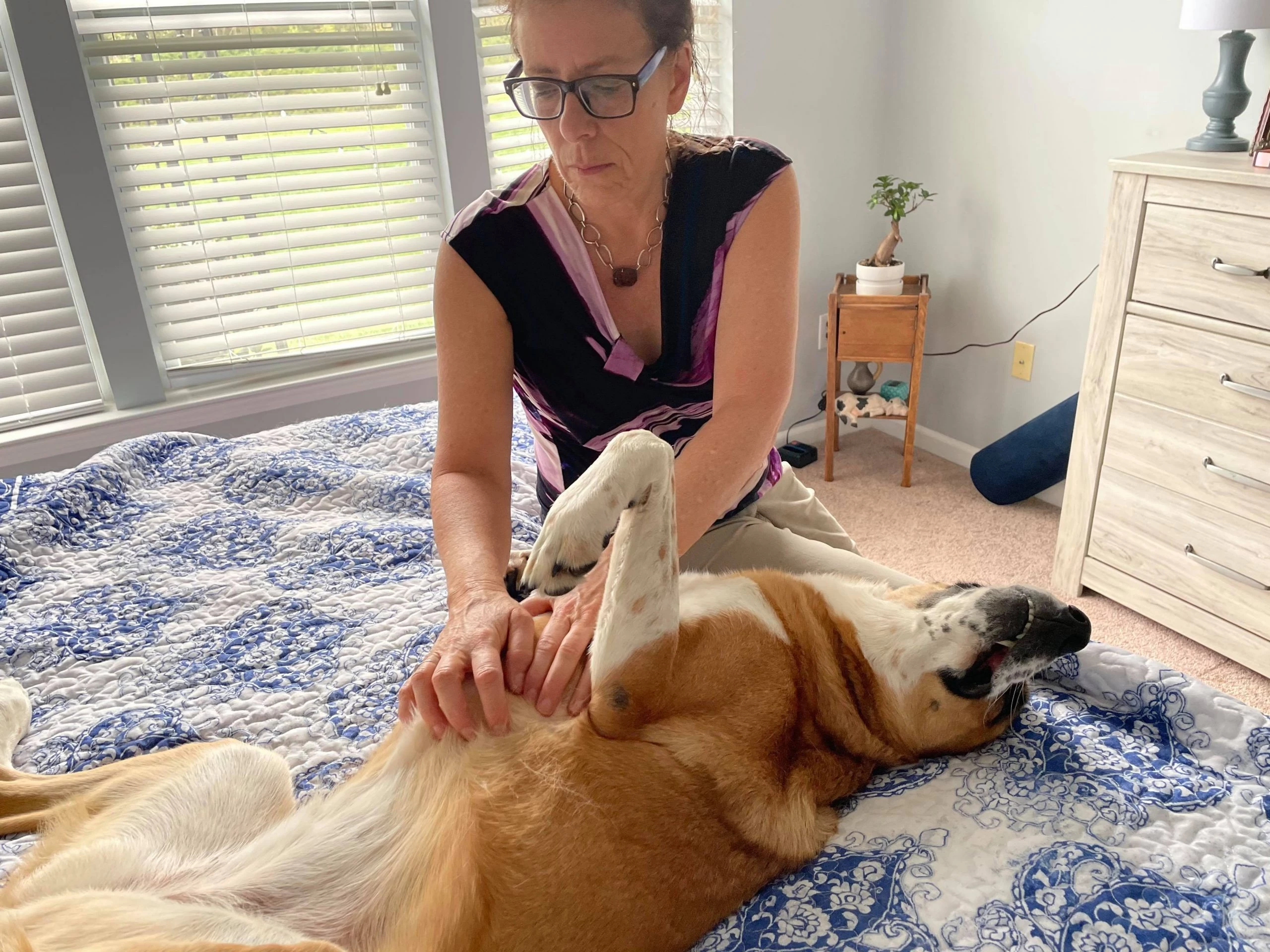 Source: Google Images
Source: Google Images
4. Belly Rubs for Relief:
Massaging your dog's belly can also be very helpful. Use your fingers or the fleshy part of your palm to stroke up the right side of their belly, then over and down the left side, creating a sort of upside-down U shape.
You can gently press and release along the sides of their abdomen and into the groin. These strokes should be kept to a few minutes at a time, and remember, gentle pressure is all you need to encourage them to poop.
These massage techniques are a gentle way to ease your dog's constipation, but if the problem persists, it's always a good idea to reach out to your vet for professional guidance and treatments.
Common Reasons for Dog Constipation
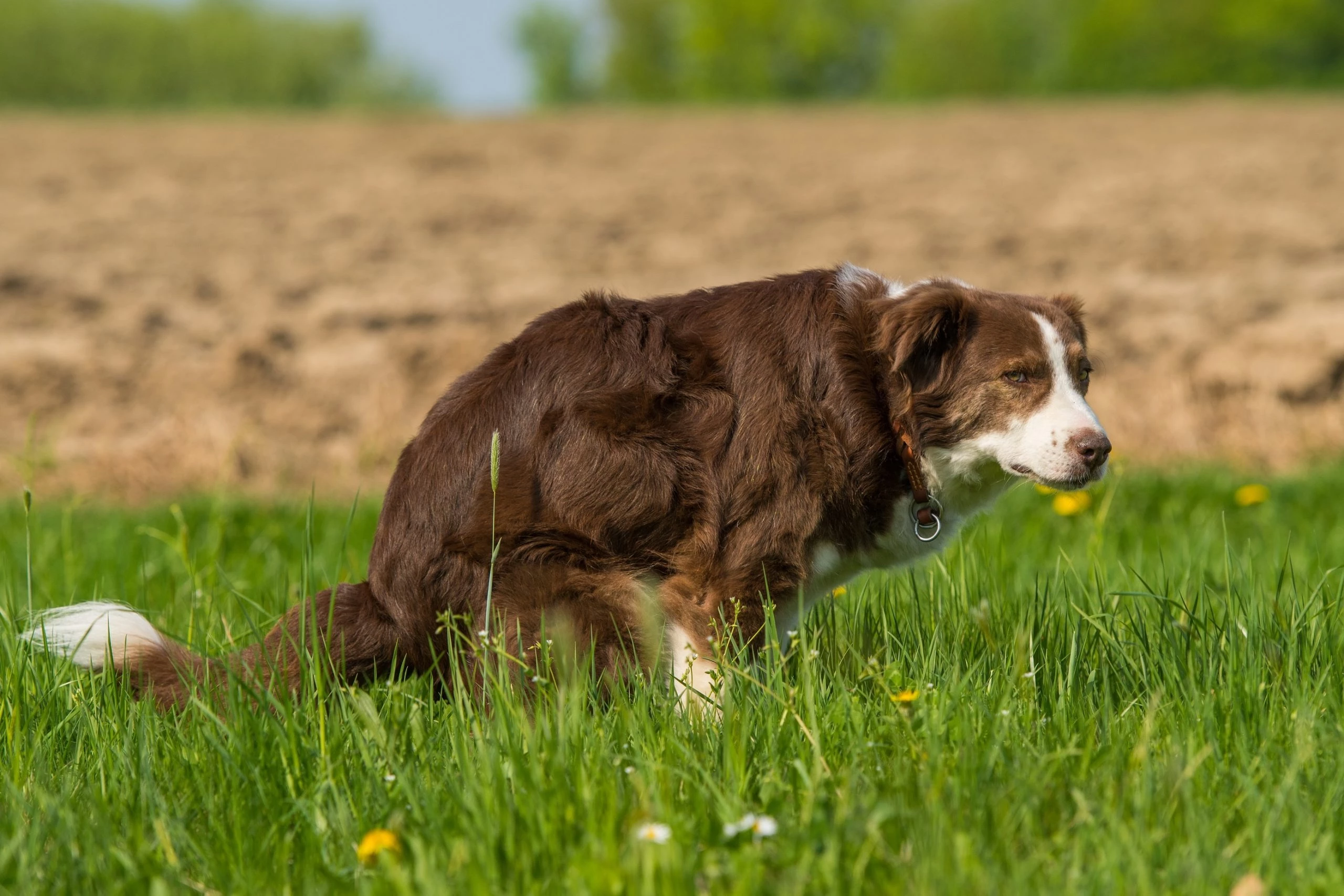 Source: Google Images
Source: Google Images
Here are some common causes that you can treat with home remedies without going to the vet:
Dietary Factors
Your dog's diet can be a culprit. If you suspect this, try adding one to two teaspoons of plain canned pumpkin (not the pie-filling kind) to their food. This extra fiber can get things moving smoothly.
Inadequate Hydration
Not drinking enough water can lead to constipation. Make sure your dog stays well-hydrated to prevent this problem.
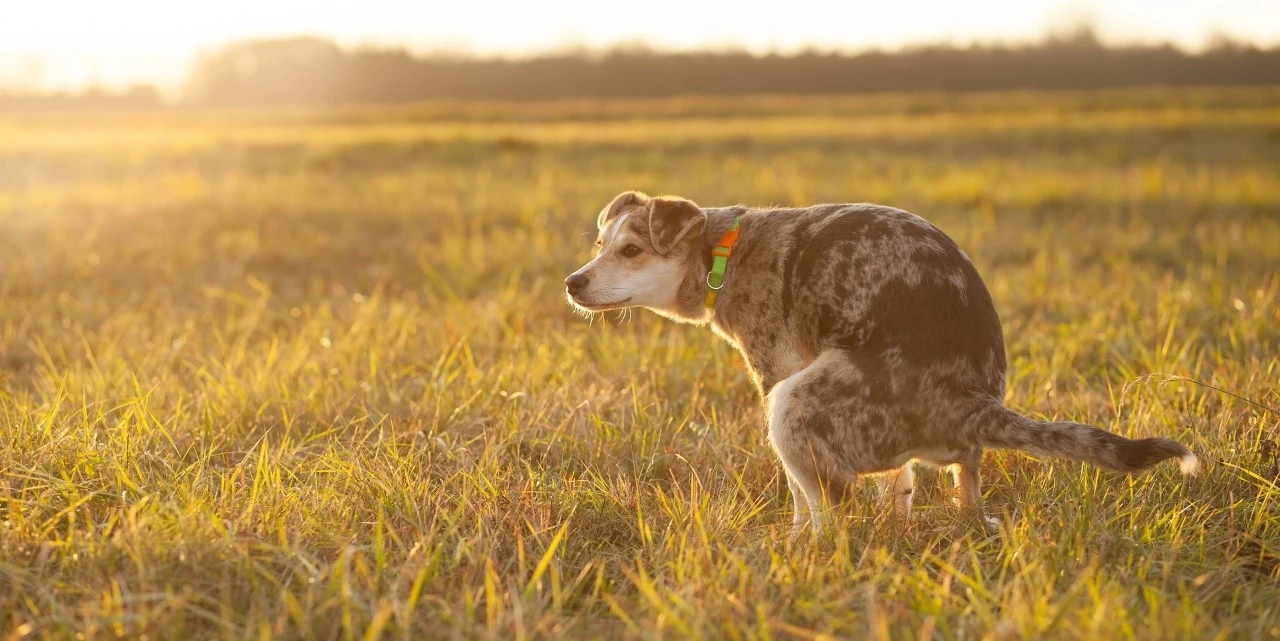 Source: Google Images
Source: Google Images
Lack of Exercise:
Just like in humans, insufficient physical activity can slow down the digestive system. Ensure your pup gets enough exercise to keep things moving properly.
Post-Surgery Constipation:
After surgery, constipation can be common. This happens because your dog fasts before the procedure and may not eat much afterward due to pain medication and recovery. As soon as they're back to their regular diet and feeling better, they should get relief.
What If Home Remedies Don’t Work?
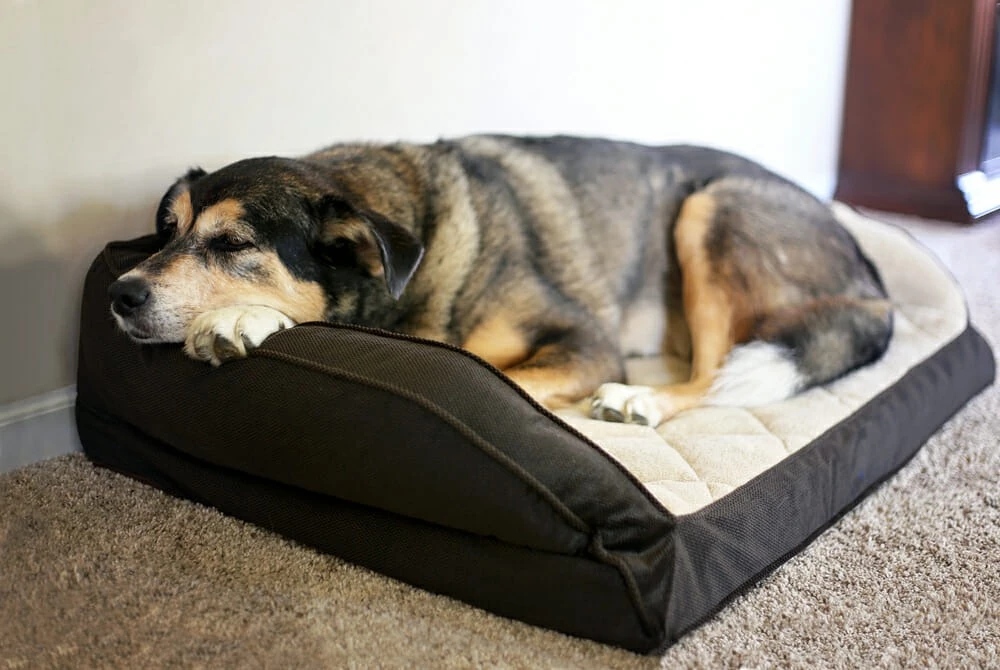 Source: Google Images
Source: Google Images
Remember that home remedies are not professional support, so if your dogs have underlying issues, it’s best to take them to the vet.
If your dog's constipation goes untreated, it can lead to various health issues and discomfort. Here are some potential consequences of untreated constipation in dogs:
Obstipation: This is a severe condition where your dog is unable to empty their colon on their own. The colon becomes impacted with a large amount of feces, making it difficult to pass stool.
Lethargy: Untreated constipation can cause your dog to become lethargic, as the discomfort and strain of trying to relieve themselves can be exhausting.
 Source: Google Images
Source: Google Images
Unproductive Straining: Dogs with constipation may strain to have a bowel movement without success, leading to frustration and discomfort.
Loss of Appetite: Constipated dogs often lose their appetite because they feel full or uncomfortable due to the blockage in their colon.
Vomiting: In severe cases, the discomfort and blockage in the digestive system can lead to vomiting as the body tries to find relief.
To ensure your dog's well-being, it's important to address constipation promptly. If you notice any signs of constipation, such as infrequent or difficult bowel movements, consult with a veterinarian for proper diagnosis and treatment. Early intervention can prevent these complications and help your dog return to a healthy, comfortable state.
To Recap: How To Make My Dog Poop?
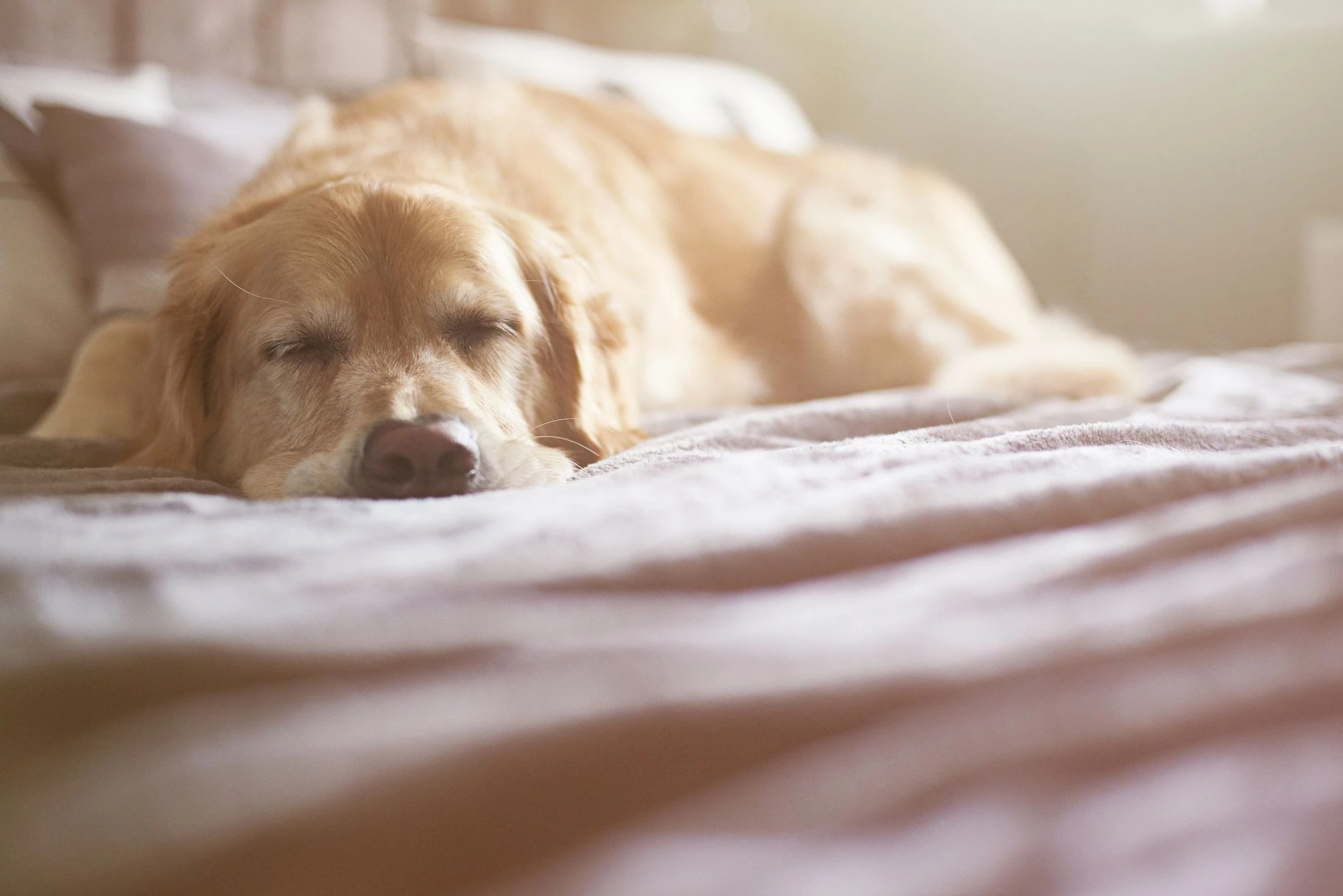 Source: Google Images
Source: Google Images
Now we hope you know what helps a dog poop. Above are some first-line home remedies that you can try if your dog has regular constipation from diet or other non-serious issues. If the constipation is only a symptom of more severe health issues, you should take your pup to the vet as soon as possible.
Remember, a happy and healthy dog is a happy pet parent! So, keep an eye on their diet, water intake, exercise, and post-surgery care to help them avoid or overcome constipation.